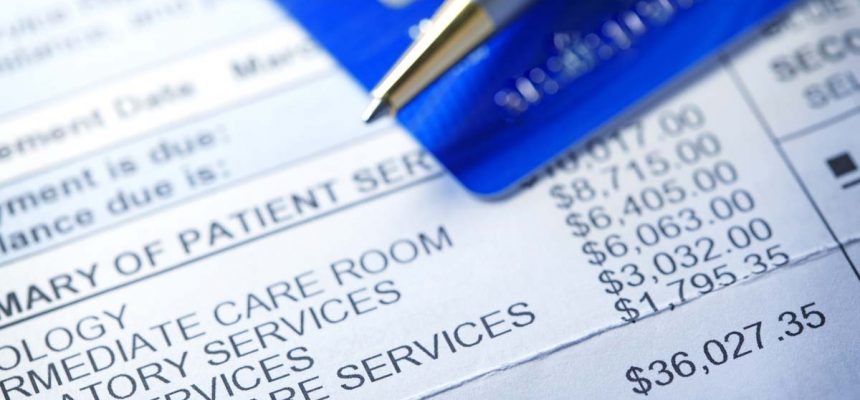Nonprofit Organization Seeks to End Crushing Medical Debt for Families in Need
By Consumers for Quality Care, on August 31, 2022

A nonprofit organization, RIP Medical Debt, is paying off medical debt for families in need across the country, according to National Public Radio (NPR).
Terri Logan is one of the millions of Americans who felt the burden of medical debt after she received her hospital bill for the birth of her premature daughter. For 13 years, Terri worked to pay off the debt until she learned that her remaining balance had been fully paid off by RIP Medical Debt.
RIP Medical Debt is an organization founded in 2014 by two former debt collectors, Craig Antico and Jerry Ashton. They raise money from donors to buy outstanding medical debt on secondary markets, where hospitals sell debt for pennies on the dollar to companies that profit when they collect on that debt. Instead of sending consumers collection bills like any other debt collector would, RIP Medical Debt then pays off the debt and sends notices to families around the country, as was the case with Terri Logan. To date, RIP Medical Debt has purchased $6.7 billion in unpaid debt and relieved 3.6 million people of debt.
RIP Medical Debt has seen an increased demand for their services as inflation and cost of living has dramatically increased this year. As a result, they are expanding their eligibility criteria. In addition, new regulations now allow the organization to buy loans directly from hospitals instead of having to use the secondary market. To maximize resources and help as many consumers as possible, RIP Medical Debt works with hospitals to improve their internal systems and administrative procedures.
CQC applauds the innovative solutions RIP Medical Debt is providing to families and consumers. However, CQC urges the administration and lawmakers to tackle the root causes of the national medical debt crisis, which impacts the physical, emotional, and financial well-being of millions of Americans.




